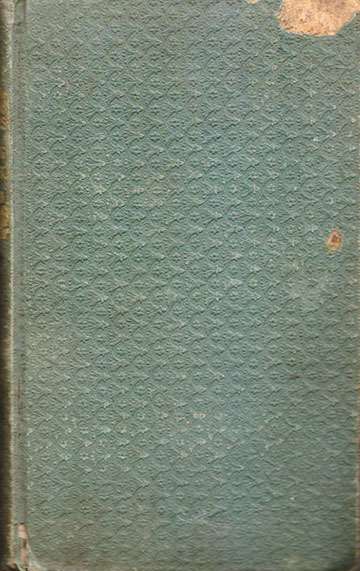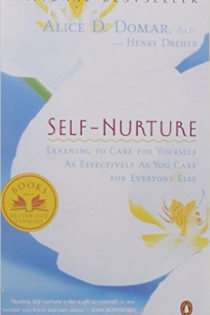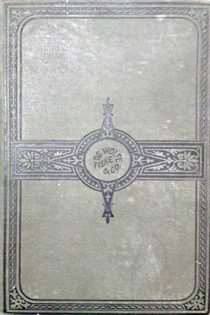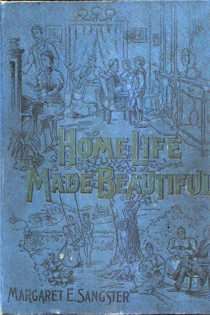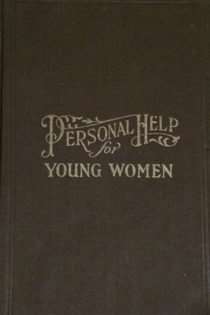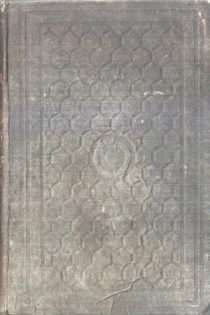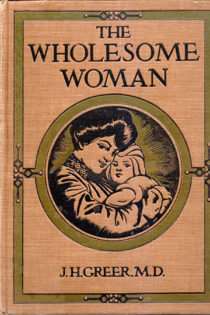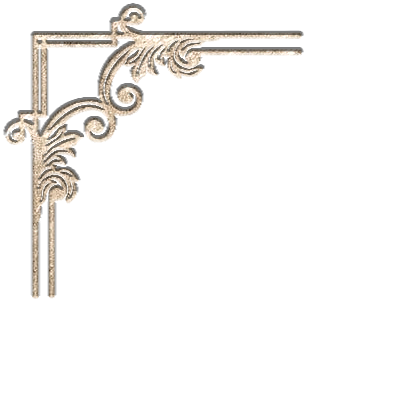Summary
“Every sort of useful knowledge should be imparted to the young, not merely for its own sake, but for the sake of its subserviency to higher things.” – MRS. HANNAH MORE.
SIXTH EDITION.
References
“LETTERS TO YOUNG LADIES
The Authoress of ‘Letters to Young Ladies,’ Mrs. Sigourney, has long enjoyed an enviable but merited fame, as one favored by the NINE, and gifted beyond the usual lot of mortals. To the many proofs she has given the world of her superior mental powers, she has now added another which evinces not less the benevolence of her heart, than it does the endowments of her mind. We have seen no work of late which we look upon as so well calculated to do good, as this. It is precisely such an one as was required to correct many prevalent and growing evils, among those to whom it is addressed. it is written, as it should be, in a plain, though agreeable style, advisory and matronly, but diversified and enlivened by anecdotes, and apposite illustrations, which rivet the attention while they enforce the advice given, or the position asserted. But we must allow the gifted authoress to speak for herself, and our fair readers to judge for themselves. On the subject of Knowledge she says:
‘Knowledge opens sources of delightful contemplation for domestic retirement. — This renders it a peculiar protection for the young. In their fondness for promiscuous society, they are often in danger of forming indiscreet associations, or rash attachments. Knowledge makes home pleasant, and self communion no solitude. “When I am alone it talks with me, so that I have no need to go abroad, and solicit amusement from others,” said the philosopher Antisthenes. The lineament of knowledge, strongly recommends it to our own sex, my dear young friends. For home is our province — and it is our imperative duty to strive to render it agreeable; and as we are never more disposed to be amiable than when we are happy, we shall probably best succeed in imparting felicity when we enjoy it ourselves.'”
– Burlington Weekly Free Press, Burlington, Vermont, 14 Apr 1837


